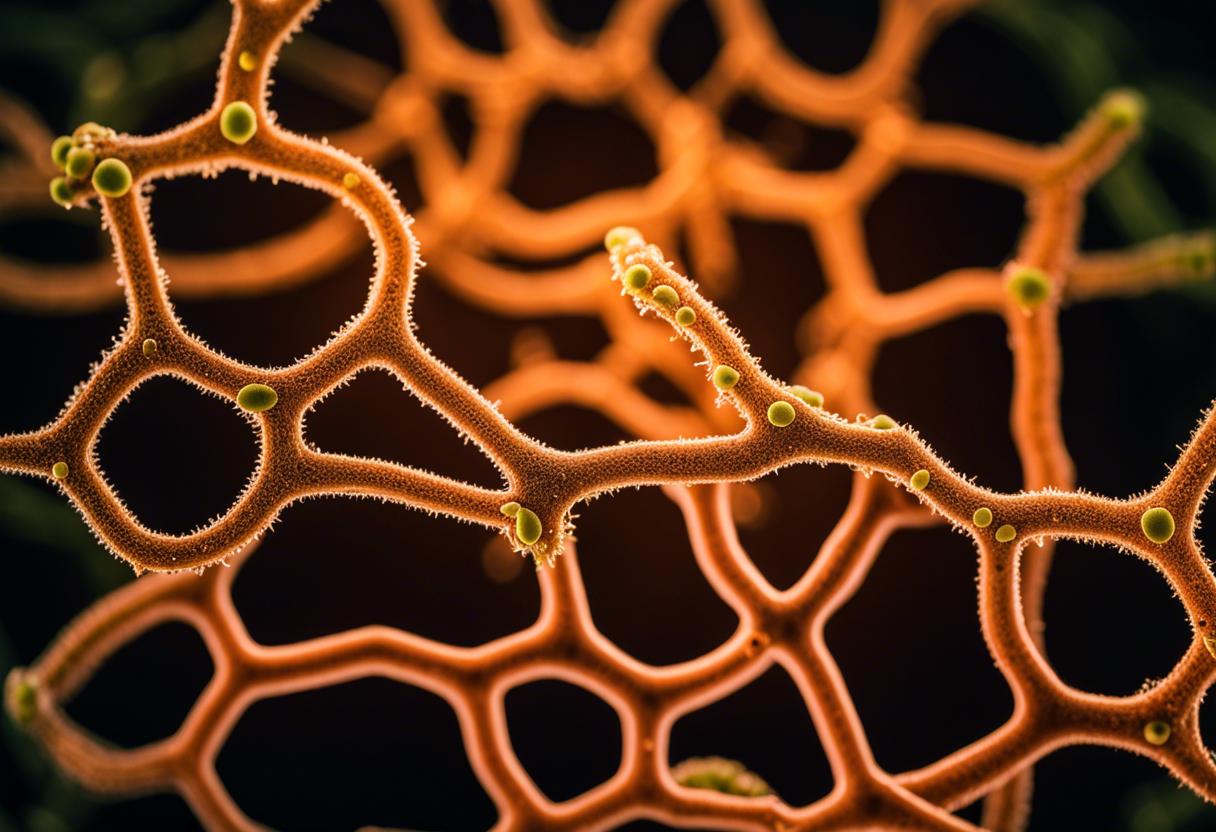“What type of studies are you involved with?
My research revolves around the transmission of good gut bacteria within human beings. When we’re born, our mothers provide us with a basic microbiome that can potentially stay with us for the entirety of our lives.
Moreover, we accumulate other bacterial species from the individuals in our proximity, which can include family members. Understanding how these bacteria disperse from one person to another is vital because a diverse gut microbiome is associated with overall health.
Can you explain how these gut microbes are transferred to others?
The faecal-oral route is the primary means of transmission. This usually occurs when proper handwashing is neglected after toilet use, after which a touched surface becomes contaminated. The bacteria then linger on that surface, and can later be picked up by another hand, and then enter the mouth.
Inhibition of faecal-oral transmission is crucial for blocking infections from detrimental gut bacteria. However, this same route allows for the passage of beneficial gut bacteria as well. Looking into this underlines how much we have yet to discover about our gut microbiome, and emphasises the continued necessity for handwashing.
Regarding these bacteria, what aspects do you examine?
My main interest lies in how these microbes survive the transit from one gut to another. A majority of the bacteria residing in our intestines are anaerobic, implying that oxygen exposure leads to their death. However, some bacteria can form spores to safeguard themselves during this transfer, capable of staying in hibernation for an extended period before reactivating once they reenter the favourable conditions of the gut. My new venture, a project known as SYNergize funded by the European Research Council (ERC), aims to gain a deeper understanding of these processes.
What sparked your interest in microbes?
I have always been intrigued by biology. Growing up on a Cork farm, I initially studied agriculture, subsequently switching to biotechnology. I then moved to the Wellcome Sanger Institute near Cambridge, England, where I researched pathogen genomes. This included investigating disease-causing, spore-forming bacteria such as Clostridium difficile.
My current ERC project expands on this by also considering beneficial bacteria. The objective is to grasp how bacteria that form spores can contribute to defending against disease-causing bacteria.
With ERC funding being hard to attain, do you have any advice?”
I consider myself quite fortunate to have received training from some of the most accomplished experts in my field. They have offered me ample support, whilst continuously pushing me to progress towards my goals. Currently, I am based in Cork, affiliated with the School of Microbiology and APC Microbiome Ireland, where I am constantly collaborating with specialists in the field of microbiomes.
In terms of what I wish the public knew about the microbiome, it’s that the study of gut microbiomes is not a simple task. Strong indications of the relationship between microorganisms and health or disease necessitate studying the microbiomes of hundreds, even thousands, of people. One pivotal issue in this field is the lack of diverse research, as most studies primarily focus on the populations of Europe and North America. Consequently, we lack substantial information about the evolution of microbiomes in different geographical regions.
As for my leisure time, having a young family and numerous relatives in and around Cork keeps me busy. I savour the time spent with my family away from my professional commitments.

